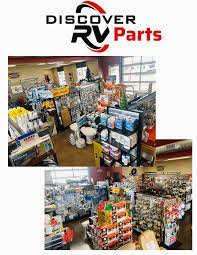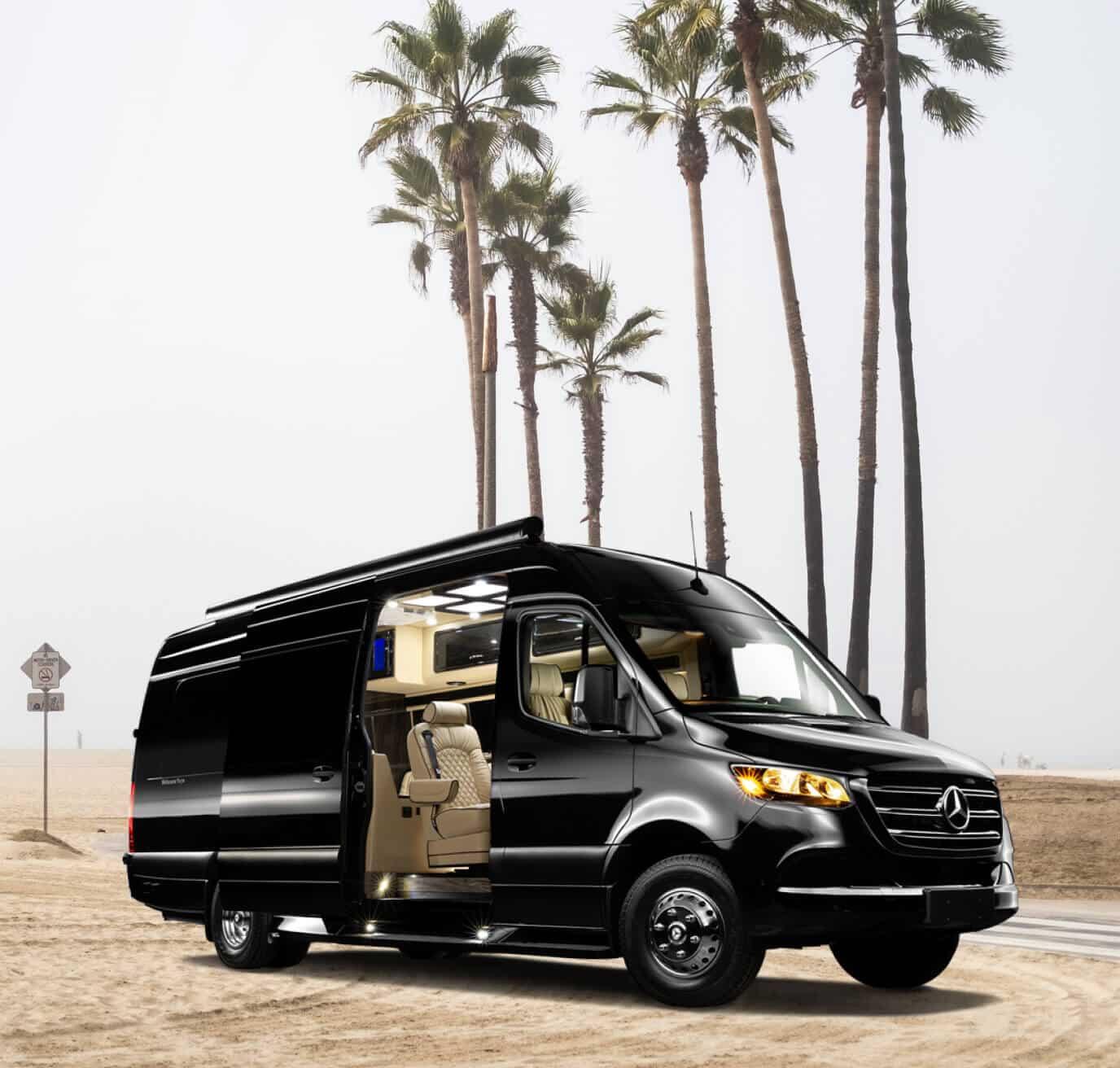The Essential Guide to RV Parts
RVs, or recreational vehicles, are a popular choice for travel enthusiasts looking to hit the open road and explore the great outdoors. Just like any other vehicle, RVs require maintenance and occasional repairs to ensure they stay in top condition. Understanding the various RV parts and components is essential for any RV owner.
Common RV Parts
**Tires:** Properly inflated tires are crucial for safe RV travel. Regularly check tire pressure and tread wear to avoid blowouts.
**Batteries:** RV batteries power essential systems such as lights, appliances, and slide-outs. Keep them charged and maintained for uninterrupted power supply.
**Water System:** The water system includes freshwater tanks, pumps, faucets, and water heaters. Regularly inspect for leaks or damage.
**Electrical System:** The electrical system powers appliances, lights, and entertainment devices in your RV. Ensure all connections are secure and wiring is in good condition.
RV Parts Maintenance Tips
- **Regular Inspections:** Conduct routine inspections of your RV parts to catch any issues early.
- **Proper Storage:** Store your RV in a covered area or use protective covers to prevent damage from the elements.
- **Follow Manufacturer Guidelines:** Adhere to maintenance schedules recommended by the manufacturer for optimal performance.
- **Emergency Kit:** Keep a well-stocked emergency kit with spare parts, tools, and essentials for on-the-road repairs.
Finding Replacement Parts
If you need replacement parts for your RV, there are numerous options available:
- **RV Dealerships:** Dealerships often carry a wide range of OEM (Original Equipment Manufacturer) parts specific to your RV model.
Top 5 Essential Tips for Maintaining Your RV Parts and Systems
- Regularly inspect and maintain your RV’s roof to prevent leaks and water damage.
- Keep a spare tire and necessary tools in your RV for emergencies on the road.
- Check and replace air filters in your RV’s HVAC system to ensure efficient operation.
- Use leveling blocks or ramps to stabilize your RV when parked on uneven surfaces.
- Invest in a surge protector to safeguard your RV’s electrical system from power fluctuations at campsites.
Regularly inspect and maintain your RV’s roof to prevent leaks and water damage.
Regularly inspecting and maintaining your RV’s roof is essential to prevent leaks and water damage. The roof is a critical component that protects your RV from the elements, including rain, snow, and UV rays. By conducting routine inspections and addressing any issues promptly, such as cracks, tears, or worn sealant, you can avoid costly water damage repairs and ensure the longevity of your vehicle. Taking proactive measures to keep your RV’s roof in top condition will help you enjoy worry-free travels and preserve the integrity of your investment for years to come.
Keep a spare tire and necessary tools in your RV for emergencies on the road.
It is essential to keep a spare tire and necessary tools in your RV for emergencies on the road. A flat tire can happen at any time, and having a spare tire along with the tools needed to change it can save you from being stranded in the middle of nowhere. Being prepared with these essentials ensures that you can quickly address unexpected situations and continue your journey with peace of mind.
Check and replace air filters in your RV’s HVAC system to ensure efficient operation.
Regularly checking and replacing air filters in your RV’s HVAC system is crucial to maintain efficient operation. Clean air filters help ensure that the system functions optimally, providing you with clean and fresh air inside your RV. By replacing clogged or dirty air filters, you not only improve the efficiency of your HVAC system but also enhance air quality, creating a more comfortable and healthy environment for your travels. Remembering to inspect and replace air filters as needed can prolong the lifespan of your HVAC system and contribute to a more enjoyable RV experience overall.
Use leveling blocks or ramps to stabilize your RV when parked on uneven surfaces.
When parking your RV on uneven surfaces, it is essential to use leveling blocks or ramps to stabilize your vehicle. Leveling blocks help distribute the weight of the RV evenly, preventing it from rocking or swaying. By ensuring that your RV is level, you not only increase comfort inside the vehicle but also prevent potential damage to appliances and systems that may occur when the RV is not properly stabilized. Investing in quality leveling blocks or ramps can make a significant difference in your overall camping experience and help maintain the integrity of your RV.
Invest in a surge protector to safeguard your RV’s electrical system from power fluctuations at campsites.
Investing in a surge protector for your RV is a wise decision to safeguard your vehicle’s electrical system from potential damage caused by power fluctuations at campsites. A surge protector acts as a barrier against sudden voltage spikes, ensuring that your sensitive electronics and appliances remain protected. By adding this simple yet essential device to your setup, you can enjoy peace of mind knowing that your RV’s electrical components are shielded from unexpected power surges, ultimately prolonging the lifespan of your equipment and enhancing your overall camping experience.


